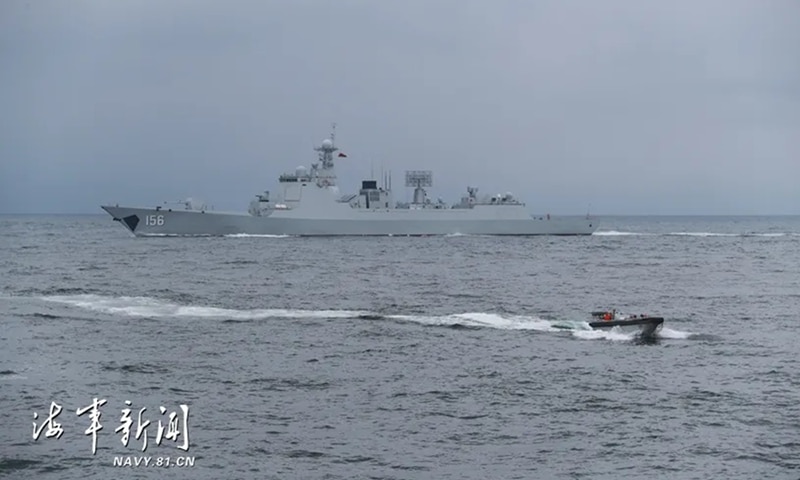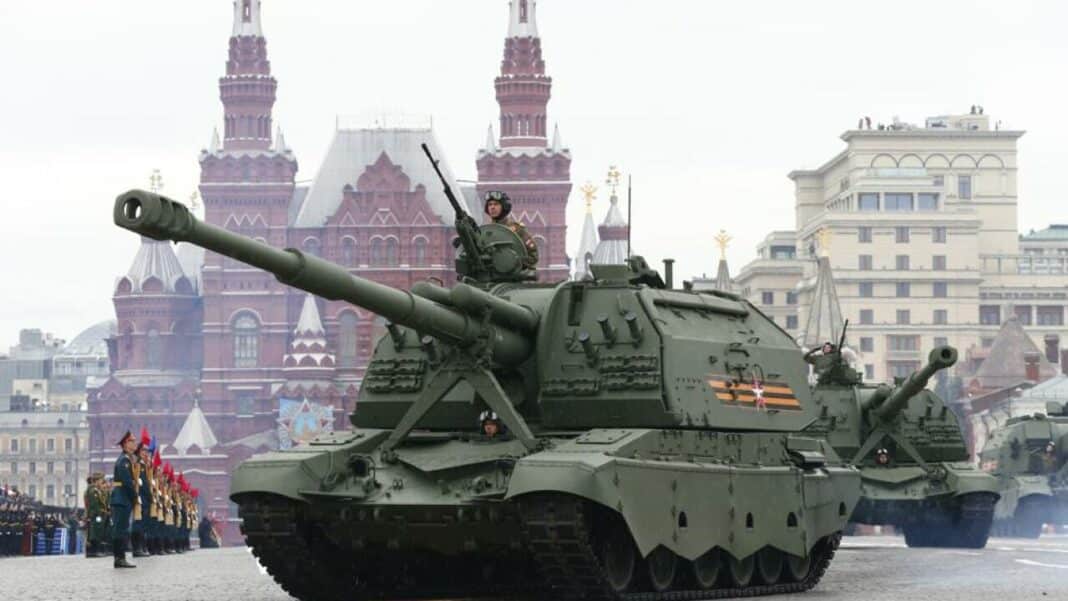When we talk about defense, two phrases systematically come up in debates. The first is obviously the Latin phrase from the end of the 4th century “Si vis Pacem, Para Bellum”, inspired by Vegetius, who says that to ensure peace, one must be ready for war.
The second is a French proverb, cited by Raymond Aron in 1962 in Peace and War Between Nations, “Money is the sinews of war”, according to which the effectiveness of armies in combat depends on the sums invested.
Taken end to end, these two sentences suggest that the investment capacities granted by States, in particular ahead of wars, condition the balance of power, therefore the effectiveness of deterrence postures, and with them, the preservation of the peace.
It is therefore tempting to compare defense budgets between countries, or even between alliances, to ensure the dissuasive nature of defense tools, and by extension, to get an idea of the military balance of power.
Many were quick to draw conclusions from the publication of the new SIPRI annual report, studying precisely the defense investments of all nations, as well as their respective developments. However, is defense investment an effective indicator in this area, to compare military capabilities between countries, and therefore deduce a present and future balance of power? This is far from obvious...
In this section:
The SIPRI annual report is published, with, as always, its cohort of comments
« With a defense budget of $109 billion in 2023, Russia barely exceeds Ukraine's budget of $100 million, including $35 billion in American and European military aid, and without comparison with the $1 billion of NATO budget. Russia is therefore not a threat to the West.«

This analysis, which seems reasonable at first glance, has reappeared in recent days, on social networks, but also in the words of journalists and certain political figures, in France, and throughout Europe, following the publication of the dlatest SIPRI report, a few days ago. The same goes for the Chinese threat, although with $290 billion, Beijing invests three times less than the United States in this area.
Each year, in fact, many such analyzes are published shortly after the Stockholm International Peace Research Institute, or SIPRI, publishes its annual report on global military spending.
Indeed, whether for political, media or commercial purposes, the temptation is great to use these elements, especially when they seem to move towards the desired demonstration, while adorning themselves with an apparent cloak of coherence. However, they are highly questionable, not to say fallacious.
Comparing defense budgets is not effective when it comes to deducing a balance of power
It is true that by the way in which the SIPRI presents its report, moreover by summarizing the presentation of the defense budgets of the States, with an overall conversion into American dollars, easily encourages this type of comparison, however particularly ineffective, and even often completely inaccurate. This type of comparison assumes, in fact, that defense investment represents a strict indicator of the military balance of power between states.


75% of this article remains to read,
Subscribe to access it!
The Classic subscriptions provide access to
articles in their full version, and without advertising,
from 6,90 €.
Newsletter subscription
Register for the Meta-Defense Newsletter to receive the
latest fashion articles daily or weekly


The inability of the West to manage and track the export of its components to Russia directly or indirectly, facilitates the situation of Russia's arms industry. Afterwards there still remain today advantages of Western weapons over their Russian equivalent, the Caesar for example is feared by Russian soldiers by its precision, where the Russian strategy goes towards saturation without precision, the Patriot is also superior to S300…